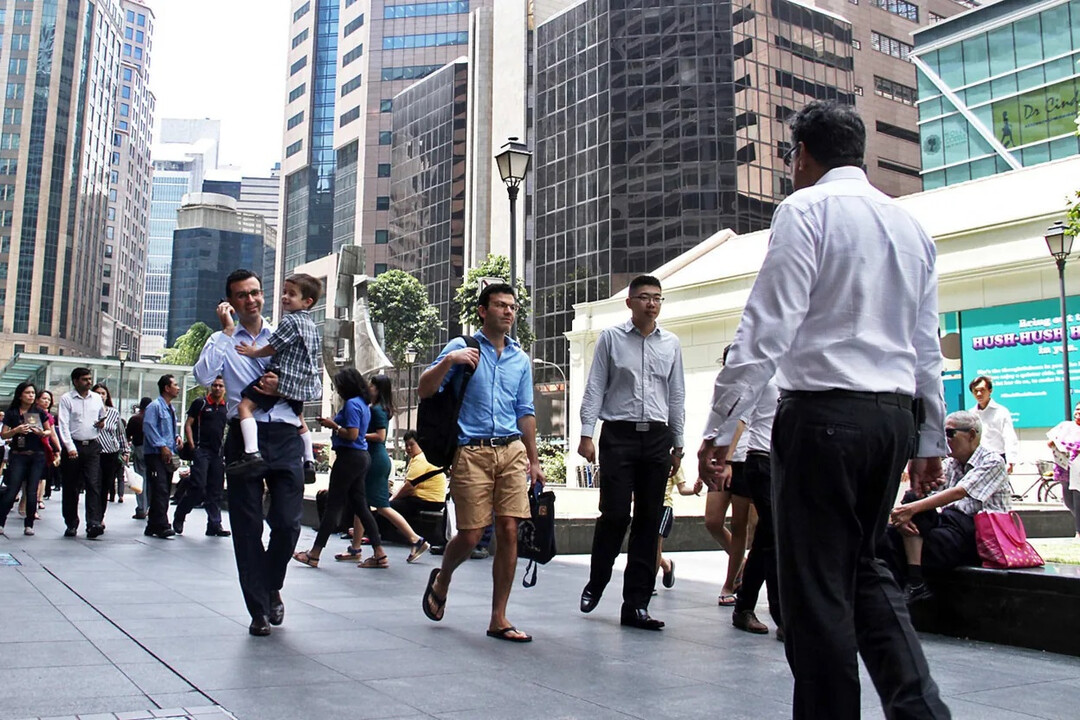
Singapore – Singapore's Ministry of Manpower (MOM) has unveiled significant revisions to its Work Permit and S Pass frameworks, designed to bolster workforce stability and ensure alignment with the nation's evolving economic needs. The sweeping changes, slated for implementation between July 1 and September 1, 2025, signal a strategic shift towards retaining skilled foreign talent while calibrating eligibility criteria to reflect current market conditions.
Work Permit Revamp: Removing Caps and Expanding Opportunities
A cornerstone of the reform is the elimination of the maximum employment period for Work Permit holders, effective July 1, 2025. This landmark decision scraps the previous duration limits, which varied from 14 to 26 years depending on sector, skill level, and country of origin. Now, Work Permit holders can remain employed indefinitely, provided they meet ongoing eligibility criteria and employer demand. This move is expected to significantly reduce turnover and training costs for employers, fostering a more stable and experienced workforce.
Furthermore, the maximum employment age for Work Permit holders will be raised from 60 to 63 years. The age limit for new applicants will also increase to 61 years, up from the current 50 for non-Malaysians and 58 for Malaysians. This adjustment acknowledges the increasing lifespan and the value of experienced workers, ensuring workforce continuity.
To address labor shortages in key sectors, Singapore will expand its pool of eligible source countries. Bhutan, Cambodia, and Laos will be added to the approved list from June 1, 2025. Additionally, the Non-Traditional Sources (NTS) Occupation List will be broadened from September 1, 2025, to include heavy vehicle drivers, various manufacturing roles, and cooks across all cuisines. This diversification provides employers with access to a wider talent pool, easing recruitment challenges.
S Pass Adjustments: Higher Salary Thresholds and Levy Rates
The S Pass framework, which caters to mid-skilled foreign workers, will also undergo significant adjustments. Minimum qualifying salaries will be increased to align with the top one-third of local Associate Professionals and Technicians (APT) salaries. For all sectors excluding financial services, the minimum salary will rise from $3,150 to at least $3,300, with higher salary requirements for older applicants. In the financial services sector, the minimum salary will increase from $3,650 to at least $3,800, also scaling with age and experience.
In tandem with salary adjustments, S Pass levy rates will be revised. From September 1, 2025, the S Pass Basic/Tier 1 levy will increase from $550 to $650, while the Tier 2 levy will remain at $650. These changes reflect the government's commitment to ensuring that S Pass holders contribute commensurately to the economy.
Implications and Strategic Considerations
These policy changes have profound implications for both employers and foreign workers. Work Permit holders will enjoy greater job security and long-term employment prospects, while employers can retain experienced workers, enhancing productivity. S Pass holders and applicants should prepare for stricter salary requirements and ensure they meet the updated eligibility criteria. Businesses must also factor in higher levy costs and refine their workforce planning strategies.
The Singaporean government's proactive approach to foreign worker policies reflects its commitment to balancing economic growth with labor market stability. By removing employment caps, expanding source countries, and refining eligibility criteria, Singapore aims to remain a competitive destination for skilled foreign talent. Employers and foreign workers are encouraged to stay informed and adapt to these evolving regulations to ensure compliance and maximize opportunities.
For more detailed information on the new minimum salaries and levy rates, please refer to the official MOM website. Businesses seeking further clarification or assistance can contact Newland Chase for expert guidance.
[Copyright (c) Global Economic Times. All Rights Reserved.]




























